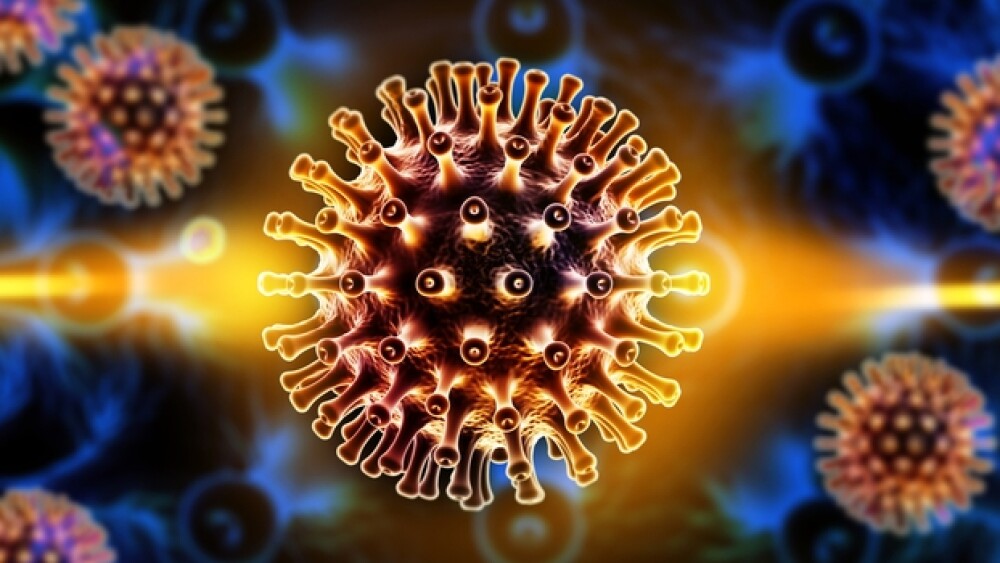The National Institutes of Health ceased administration of an investigational HIV vaccine after interim data revealed that the treatment was not working in preventing the virus.
The National Institutes of Health (NIH) ceased administration of an investigational HIV vaccine after interim data revealed that the treatment was not working in preventing the virus.
The National Institute of Allergy & Infectious Diseases (NIAID), which is part of the NIH, said it halted the administration of vaccinations in its HVTN 702 clinical trial following the review of an independent data and safety monitoring board. The Phase IIb/III study, HVTN 702 (also known as Uhambo), was initiated in South Africa to test an investigational prime-boost vaccine regimen. The review showed no significant difference between the vaccine and placebo arms of the trial. The review identified no safety concerns, the agency said.
The HVTN 702 vaccine regimen consisted of two experimental vaccines: a canarypox vector-based vaccine called ALVAC-HIV, which was supplied by Sanofi, and a two-component gp120 protein subunit vaccine with an adjuvant to enhance the body’s immune response to the vaccine, which was supplied by GlaxoSmithKline. Both were modified to be specific to HIV subtype C, NIAID said.
The study involved 5,407 HIV-negative volunteers at 14 sites across South Africa and was adapted to the HIV subtype Clade C, which is most common in that area. NIAID Director Anthony S. Fauci said the development of a vaccine is essential to “end the global pandemic” and they had hoped this asset would work. “Regrettably, it does not,” he said in a statement.
The study involved both men and women who received six injections over 18 months. In January, the committee examined data from
While this particular trial has been halted, NIH said other trials attempting to develop a vaccine will continue. 2,694 volunteers who received the investigational vaccine regimen and 2,689 volunteers who received a placebo. The analysis revealed that 129 HIV infections occurred among the vaccine recipients, and 123 HIV infections occurred among the placebo recipients. Based on those findings, the monitoring committee concluded a lack of efficacy in the vaccinations and recommended against any further administration of vaccines. The report noted there was no significant evidence of either decreased or increased infection rates with vaccination, NIAID said.
NIH is investing in multiple approaches to prevent HIV with the goal of delivering new options that are safe, effective, desirable to diverse populations, and scalable worldwide to help end the global pandemic. NIAID said the vaccine approach used in the HVTN 702 trial is different from that being tested in other HIV vaccine studies, including the Imbokodo study and the Mosaico study. Both studies are testing vaccine regimens provided by Janssen Pharmaceuticals, a division of Johnson & Johnson. It is also different from the planned PrEPVacc Study, which will test yet another vaccine strategy along with oral PrEP. The stop of HVTN 702 does not affect these trials or any other HIV prevention efficacy trials taking place globally, NIAID said in a statement.





